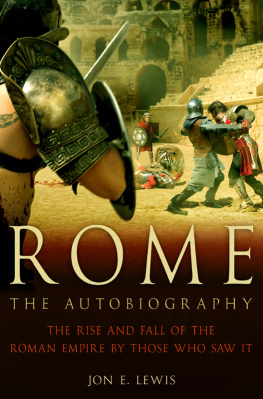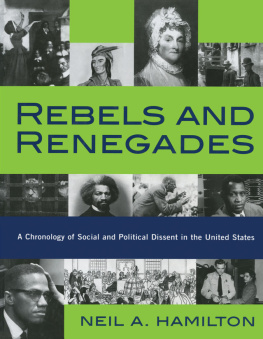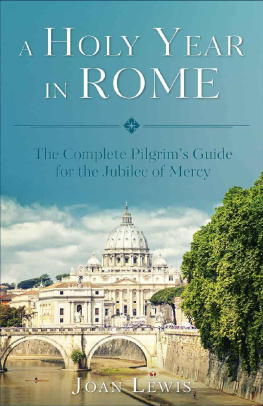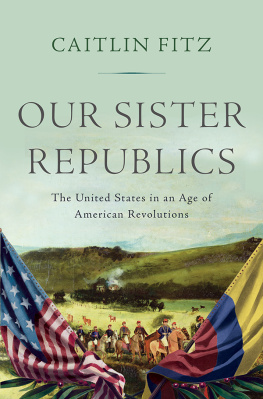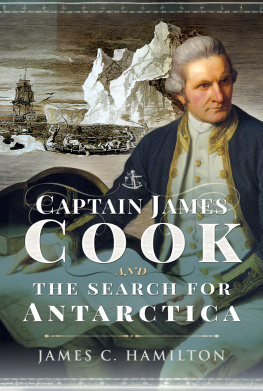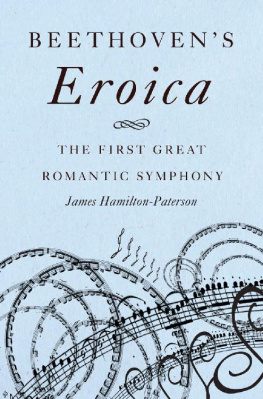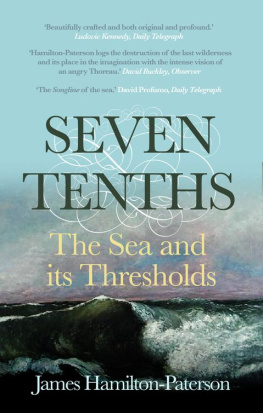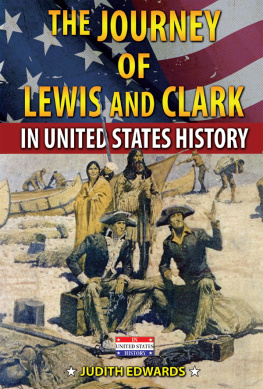PREFACE
In this book I have proposed to compare conditions recorded in Roman history with those existing in America that should warn, by reason of the results at Rome. It is not the purpose of this volume to offer a mere textbook or a scholastic essay on historical events. It is not the purpose merely to record those events which led to the destruction of the Roman republic, and with this end our work. The main purpose of this book is to compare events as they transpired in the one republic and in the other.
The political history of the Roman republic is throughout its whole course a continuous contest between radicals and conservatives. The striking resemblances between the basis of the political controversies of Ancient Rome and the modern political and economic problems render it almost impossible for any historian to approach the political history of Rome entirely free from prejudice. The bias of the historian, whether toward the liberal or the conservative side in politics, is sure to affect to a greater or less degree the pictures which he paints of the events and actors in Roman history. To indicate to some extent these varying views, and to present to the reader some of the ideas of prominent writers on Roman history, a number of extracts from the works of other authors have been inserted, as occasion demanded, in this work. In the majority of cases such an insertion should be understood as an attempt to present all sides of some controverted historical question rather than as indicating the approval by the author of the views expressed therein.
In arranging the perspective of this book, its main object has been kept constantly in mind. The importance of events has been weighed from the standpoint of their effect upon the decay and collapse of the free political institutions of Rome; with the result that many subjects, to which considerable space would be devoted in a general Roman history, have been passed over with a mere notice, while other events, perhaps of less popular interest, have been treated at length.
I would be false to the first sense of justice did I not here acknowledge the aid I have obtained from Professor Albert H. Putney, dean of the Webster College of Law, Chicago, and a lawyer of the state of Illinois at the city of Chicago (my home), who has been the principal contributor from whom I have received assistance, and much that can be found in this book in the nature of real historical data, and of the philosophy of reasoning from this data, is due to him, and I desire to acknowledge my indebtedness and to give full credit for the value of this work.
James Hamilton Lewis
United States Senate Chamber, Washington, D. C.
September 1913.
CHAPTER I
The Two Republics
"How like, how unlike, as we view them together."Holmes.
It is now nearly two thousand years since the curtain fell upon the last act in the history of the Roman republic. During these twenty centuries many other republics have flourished and passed away, while, in turn, new republics have arisen to take the place of the earlier ones; but no other fallen republic in the whole course of history has attained to the same degree of importance, has possessed the same degree of interest, or has exerted the same influence on the history of the world, as did that of Rome. The five centuries of republican institutions on the banks of the Tiber still remain the richest quarry to which the student or historian of republican governments is able to resort for his material.
"History," says Lord Macaulay, "is philosophy teaching by examples." The most practical value of the study of history arises from the aid which it can give us in understanding the present and in forecasting the future. Bolingbroke, on the "Uses of History," commands its study as a protection against the unexpected. The main purpose of any American, who to-day studies the history of the greatest republic of the ancient world, should be to discover whether or not the story of the rise and fall of that government teaches any lessons which might be of value to the American of to-day; whether the evils which were the causes of the overthrow of the Roman republic find any counterpart in the problems which agitate our own country.
One of the greatest of American orators, in urging Americans to draw their historical lessons from the history of their own country, says that "when we go back into ancient history, we are bewildered by the differences of manners and institutions"; but sometimes it is with the earliest of nations that the most striking comparisons may be made, and from their history that the greatest lessons may be learned.
The truth is that the progress of mankind, during that small fragment of the period of its existence upon this earth which we are permitted to see by the light of history, has been very uneven in the extent of its advances along the different lines of human progress. In the fields of scientific discovery and of material results human achievements, especially during the past century, have reached almost into the realm of the marvelous; but in many other fieldsthose relating to human reason, to knowledge of the human mind, to the relation between man and man, and to the science of governmenthuman progress has been so slight that man's efforts in these directions must still receive the verdict of failure.
The reason for this great discrepancy is perhaps not difficult to discover. It is easy for the mass of mankind to accept and receive the benefits which come to them from the struggles and mental efforts of the few intellectual giants whom the human race from time to time produces; but all this takes place with very little change in the minds or emotions of the mass of humanity.
As, for example, the pages of Homer are studied, it is hard to say whether the strongest impression left upon the mind of the reader is that of the vast difference between the external life of that period and of the twentieth century, or that of the striking similarity between the qualities and emotions of the characters in these epics and of the men and women of to-day.
In the field of the material world any comparison between the existing conditions in the United States to-day and the conditions in any ancient country could hardly be of any particular value; except, perhaps, to indicate the great distance which has been traveled. In the field of government and politics, however, the most valuable comparison which it is possible to make with existing conditions in the United States is not with the present conditions in any modern country, nor is it with conditions of an earlier age in any Anglo-Saxon or even Teutonic country. The greatest resemblance to the existing conditions in the United States, both as to the character of her politics and the nature of the problems which confront her, is to be found in the great Roman republic of two thousand years ago.



